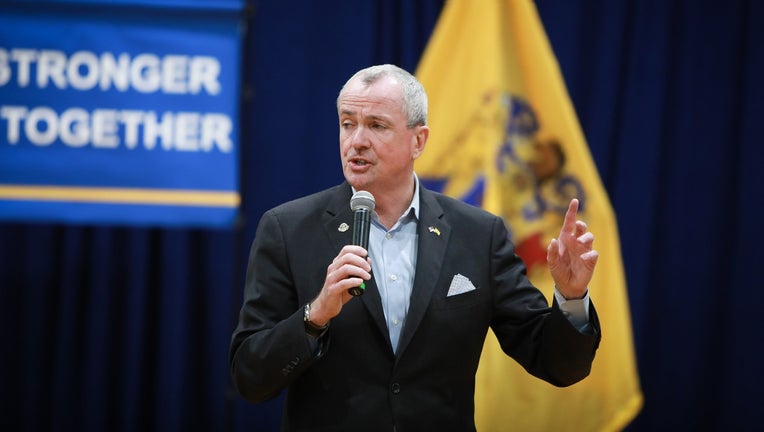NJ law replaces expiring federal health tax with state levy

New Jersey Gov. Phil Murphy (Edwin J. Torres/Governor’s Office)
TRENTON - New Jersey Democratic Gov. Phil Murphy signed legislation Friday that will impose a tax on state health insurance plans after a federal levy expires and use those funds to reduce costs for residents.
The measure narrowly passed the Democrat-led Legislature this week in the face of Republican opposition. Murphy said in a statement the bill is aimed at restoring a key provision of the Affordable Care Act, also known as Obamacare, that is set to expire this year.
“This action could not come at a more critical juncture, and will directly benefit our uninsured and underinsured populations at a time when many New Jerseyans have lost health coverage as a result of the COVID-19 pandemic,” Murphy said in a statement.
MORE: NJ reports no new coronavirus deaths in hospitals over 24-hour period for first time since March
The measure sets a levy of 2.5% of the net value of health insurance premiums. The law then applies those proceeds to certain health insurance markets, specifically those in the individual market, including minors.
There are nearly 300,000 people covered in New Jersey’s individual health insurance market, according to state statistics.
The tax is expected to bring in about $200 million starting in 2021. The subsidies from the tax are set to go to residents with annual income up to 400% of the federal poverty level. That would apply to an individual earning up to $51,040 or a family of four earning up to $104,800.
The average estimated subsidy would be at least $564 for an individual and $2,256 for a family of four, according to the governor.
Republicans balked at the measure, criticizing Democrats for advancing legislation that imposes a tax in order to lower costs for others.
The new law goes into effect on Jan. 1.
___
For the latest local news, sports and weather, download the FOX 29 News app.
DOWNLOAD: FOX 29 NEWS APP

